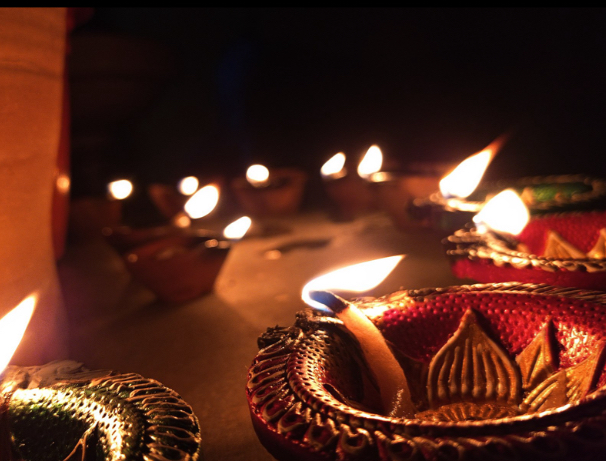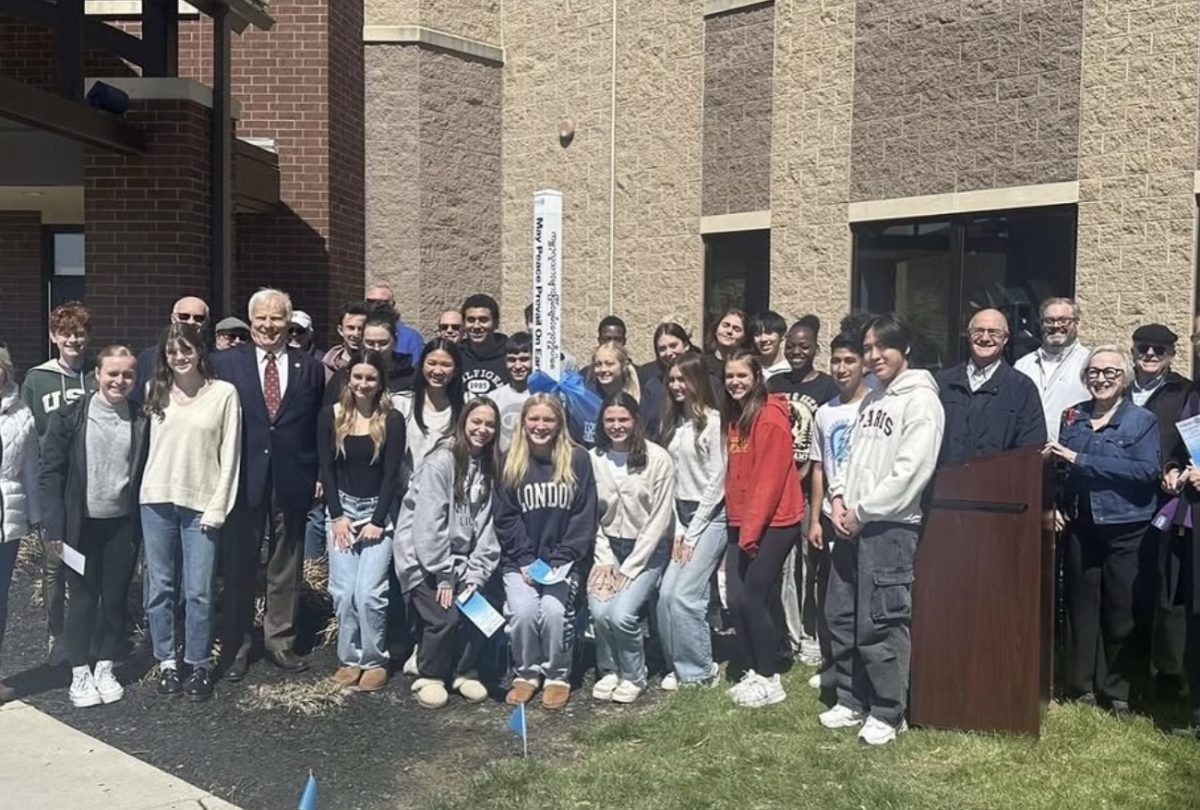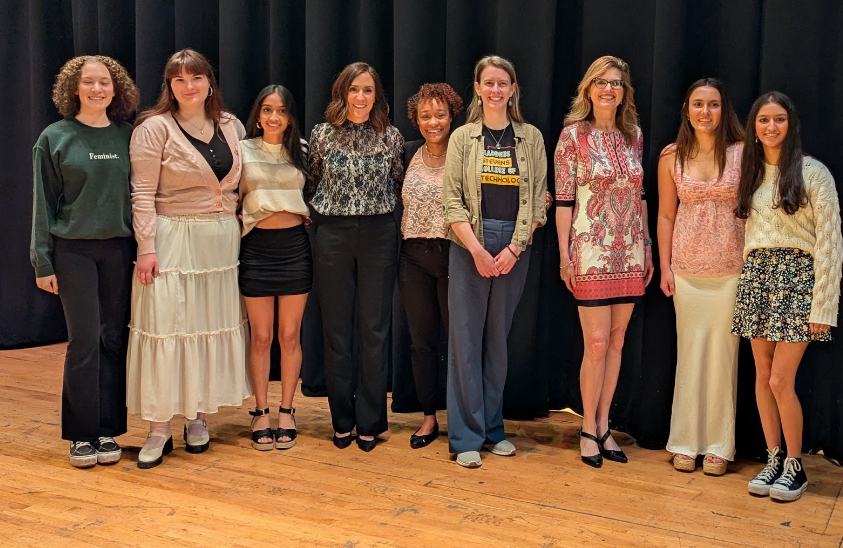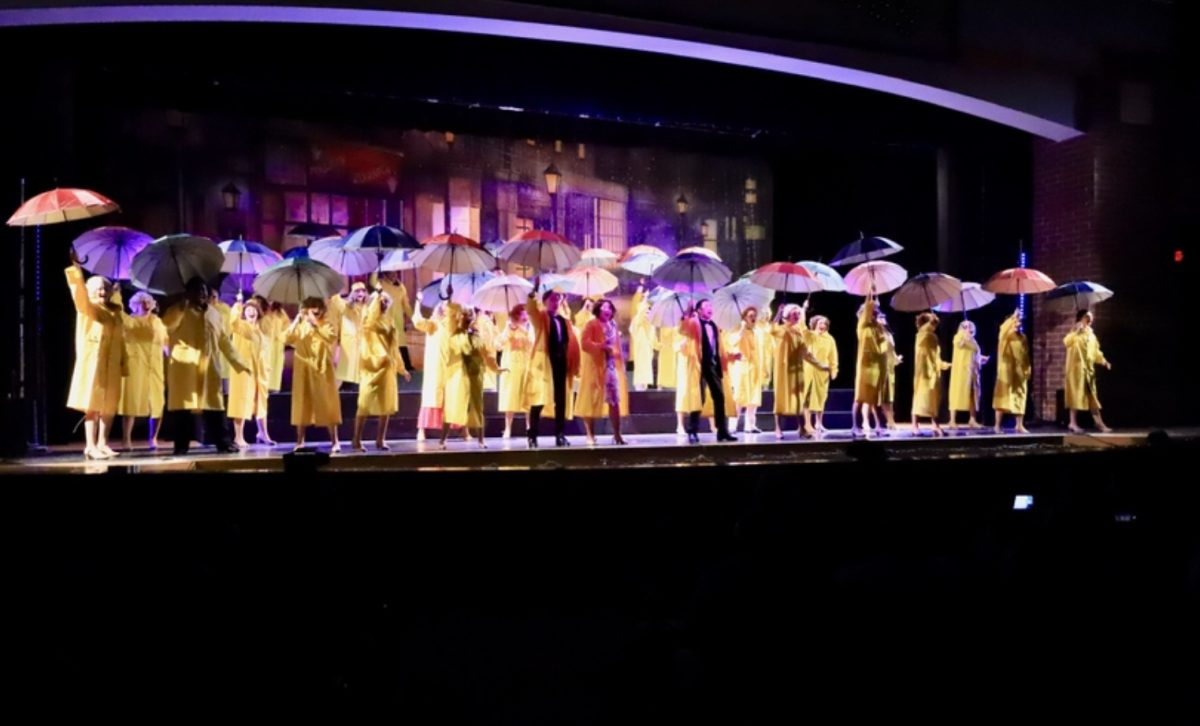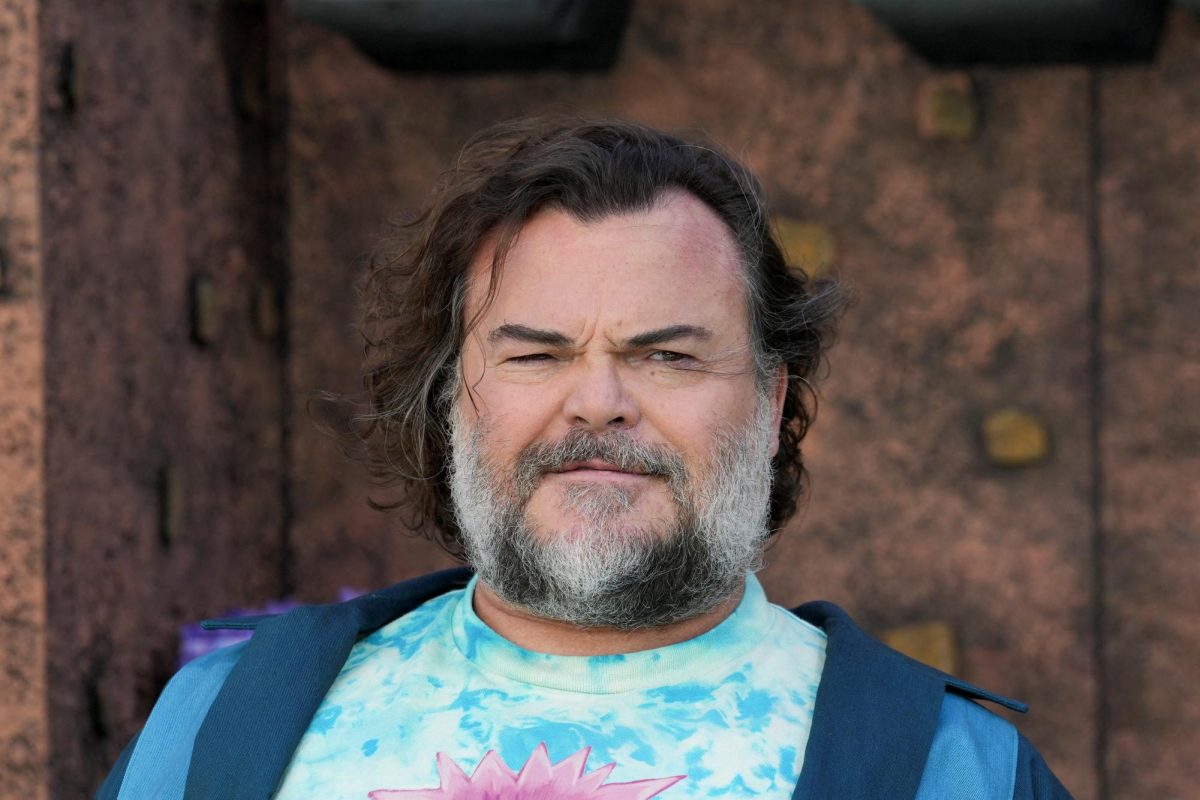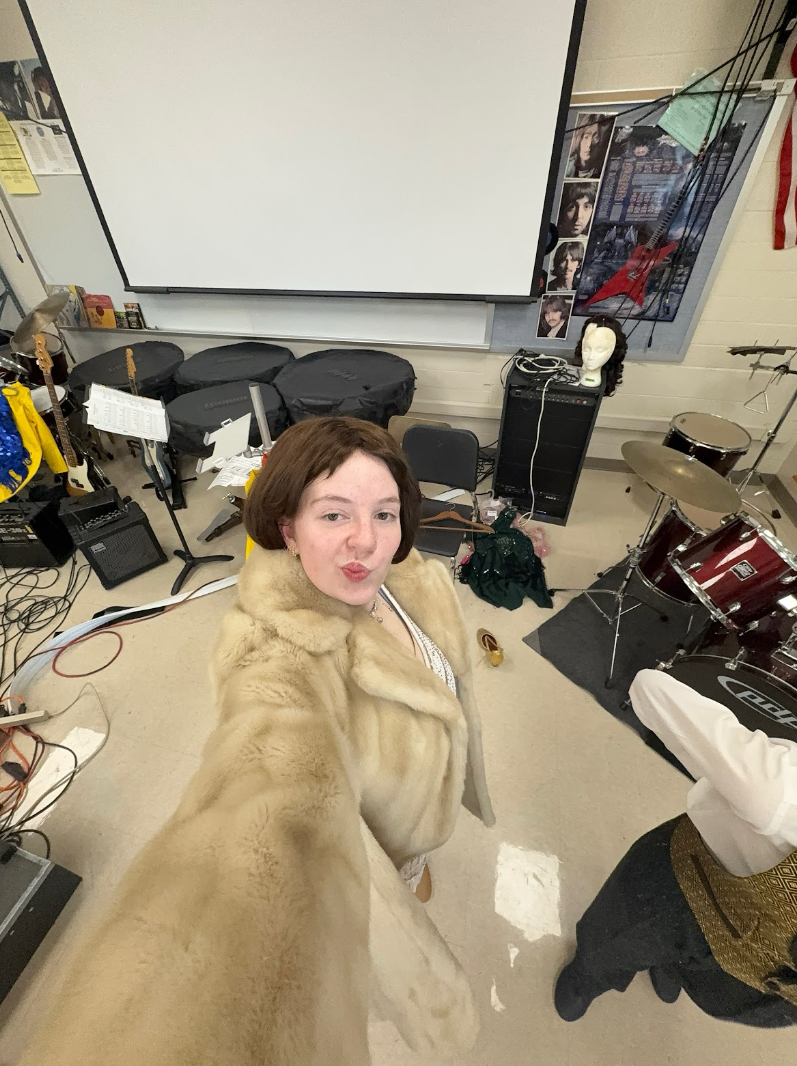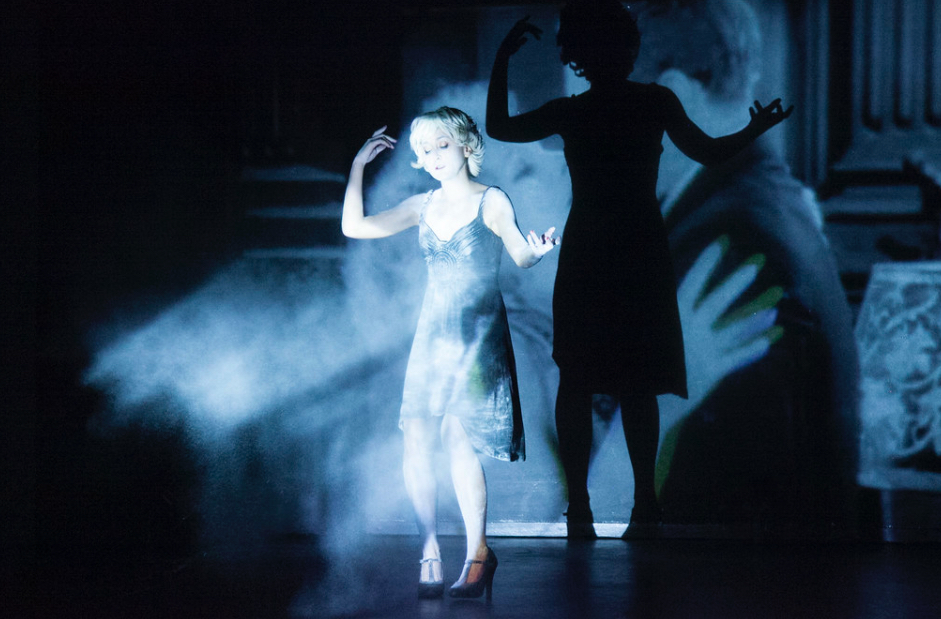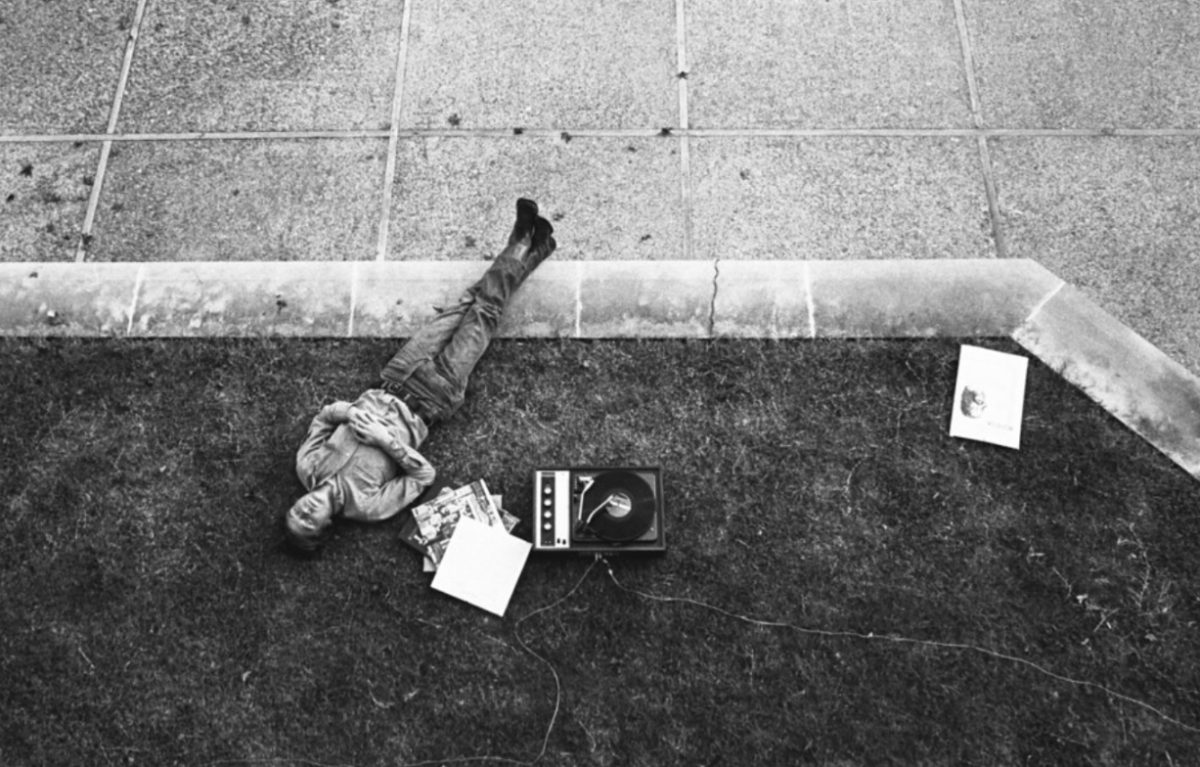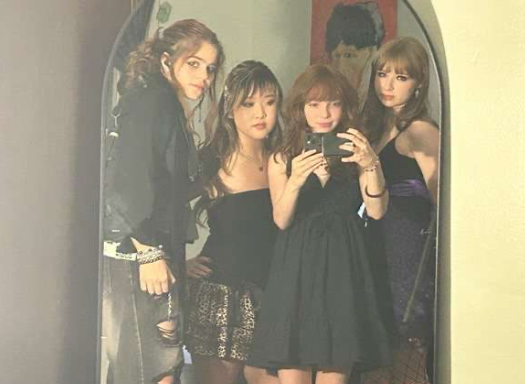Diwali, known as the Festival of Lights, is one of the most significant and joyous celebrations in Hindu culture. This vibrant festival typically occurs in October or November (this year it is on Oct. 31) and spans five days, with each day holding its own unique rituals and significance. Diwali embodies the triumph of light over darkness, good over evil and knowledge over ignorance—a message that resonates deeply within Hindu beliefs and traditions.
The five days of Diwali celebrate the richness and diversity of Hindu traditions. Day one, Dhanteras, marks the beginning of the festivities, with homes being cleaned and decorated, and families purchasing new utensils and silverware to invite good fortune. On day two, Chhoti Diwali or Narak Chaturdashi, families prepare for the main event by lighting smaller diyas (tea lights or non-scented candles) and performing pujas to cleanse themselves of past mistakes. The lighting of diyas serves as a potent symbol of our inner journey, reminding us that even the smallest acts of goodness can illuminate the lives of others, creating ripples of positivity in the community. The third day, Lakshmi Puja, is the highlight, as families worship Goddess Lakshmi, seeking blessings for prosperity and wealth. Govardhan Puja, the fourth day, commemorates Lord Krishna’s victory over the demon king Indra, with families preparing traditional dishes, offering prayers and reaffirming their devotion to Krishna. Finally, on day five, Bhai Dooj, siblings celebrate their bond with sisters applying tilak (red powder) to their brothers’ foreheads, symbolizing protection and affection, thus strengthening family ties.
At its essence, Diwali commemorates the return of the righteous king Lord Rama to his kingdom of Ayodhya after defeating the demon king Ravana, a story that unfolds in the ancient Indian epic, the Ramayana. After 14 years of exile, Rama, along with his devoted wife Sita and his loyal brother Lakshmana, returned to Ayodhya. The people, overwhelmed with joy at their return, lit thousands of oil lamps, known as diyas, to illuminate the path for the trio and to celebrate their victory over evil. This act symbolizes hope and the dispelling of darkness, serving as a powerful reminder that no matter how challenging life may be, goodness will ultimately prevail.
However, the significance of Diwali extends beyond the narrative of Rama. The festival encourages individuals to reflect on their own lives, examining the personal darkness they may face and striving to bring light into it. This could mean overcoming personal struggles or fostering kindness.
In addition to its spiritual significance, Diwali is also a time for family, community and togetherness. As the festival approaches, homes are decorated with colorful rangoli designs (colored sand placed in a design on the floor), vibrant flowers and diyas. Families gather to prepare an array of delicious sweets and snacks, creating an atmosphere of warmth and joy.
Fireworks light up the night sky during Diwali, symbolizing joy and celebration. Traditional prayers, or pujas, are performed to seek blessings for health, wealth and prosperity in the coming year. These rituals often include offerings of fruits, sweets, and flowers, accompanied by chants and hymns.
The significance of Diwali is not confined to religious practices; it also embraces cultural elements. In many regions of India, Diwali is celebrated with performances, music and dance. Local fairs and markets spring up, showcasing handicrafts, textiles and traditional sweets.
As Diwali approaches, the excitement builds not only in India, but around the world, where Hindu communities celebrate this festival with enthusiasm and devotion. Cities become illuminated with lights and public celebrations draw people from various backgrounds to participate in the festivities. In many households, Diwali is also a time to engage in charitable acts, embodying the festival’s spirit of giving and kindness. People often donate to those in need, volunteering their time or sharing meals with less fortunate members of the community. This practice reinforces the idea that true celebration comes from extending joy and support to others, reflecting the festival’s core message of spreading light.
Diwali’s global celebrations demonstrate the power of cultural exchange and understanding. People from diverse backgrounds come together to experience the rich traditions and customs of Hindu culture. This exchange fosters greater appreciation and respect for the diversity of human experience.
Diwali is more than just a festival; it is a profound reminder of the enduring struggle between light and darkness in our lives. It encourages us to seek out the light within ourselves and share it with others, making the world a brighter place. By embracing the spirit of Diwali, we can all contribute to a collective journey toward goodness, unity and joy. As we celebrate this remarkable festival, let us remember its ultimate significance: the power of light, love and compassion to transform our lives and the world around us.


